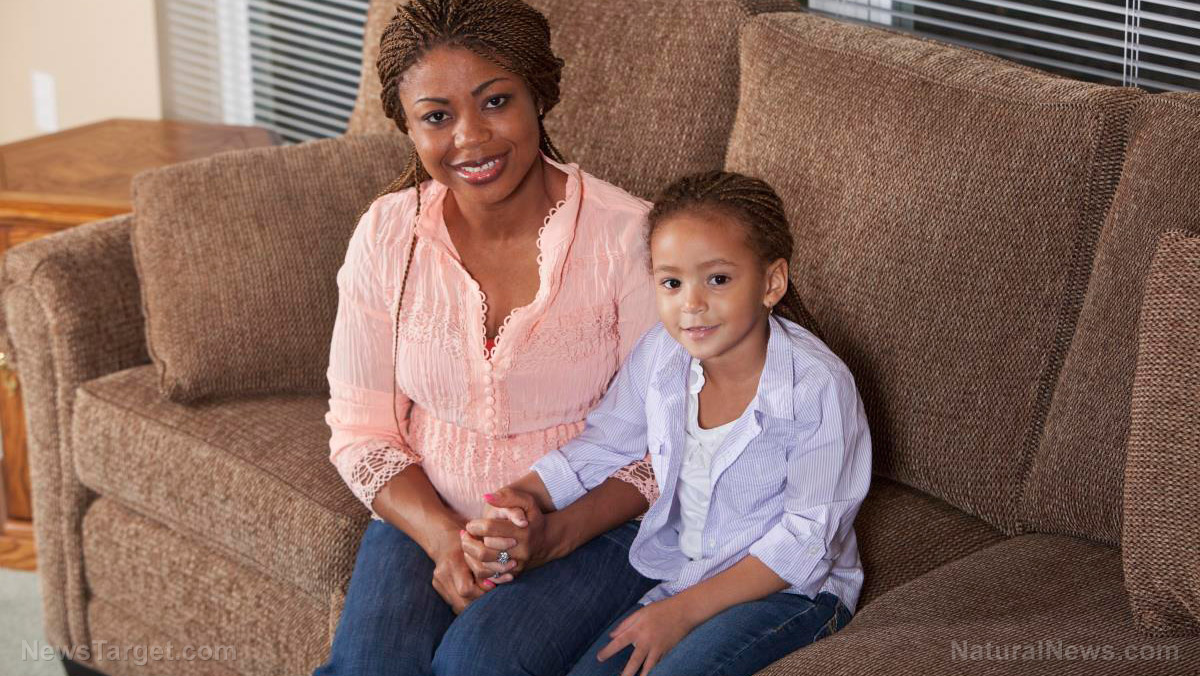Obesity is a social thing: Study finds health habits are “contagious” and highly influenced by social groups
01/30/2018 / By Earl Garcia

Living in communities with high obesity rates may result in eventual onset of excess weight, a study published in the journal JAMA Pediatrics revealed. The findings demonstrated that obesity can be contagious, and that exposure to communities with high obesity rates could be detrimental especially among children and teens.
The study was carried out by a team of researchers at the University of Southern California. The experts analyzed more than 1,500 families from 38 military bases around the U.S. between November 2016 and October 2017 as part of the study. Each family included one parent and one child aged 12 to 13 years old. The military bases were chosen as they were a good setting where people from all walks of life live together in a community, the scientists explained.
The findings revealed that members of military families were at an increased risk of having a higher body mass index (BMI) if they were assigned to a base with high obesity levels. Likewise, the results showed that teenagers who lived in such communities for more than two years had higher odds of developing obesity. (Related: Study shows obesity epidemic in U.S. worsening as now more than HALF of all American kids will develop the condition.)
“Exposure to counties with higher rates of obesity was associated with higher BMI and higher odds of overweight and/or obesity in parents and children. There was no evidence to support self-selection or shared built environments as possible explanations, which suggests the presence of social contagion in obesity,” the researchers concluded.
Mother Nature's micronutrient secret: Organic Broccoli Sprout Capsules now available, delivering 280mg of high-density nutrition, including the extraordinary "sulforaphane" and "glucosinolate" nutrients found only in cruciferous healing foods. Every lot laboratory tested. See availability here.
Community-based efforts may help lower obesity rates in kids
While the recent findings determine a link between community exposure and obesity, a systematic review published in 2013 suggested that participating in community-based intervention programs that stress on the importance of both diet and physical activity may help keep the excess pounds at bay. Researchers at the Johns Hopkins Bloomberg School of Public Health pooled data from nine clinical studies as part of the meta-analysis.
The findings revealed that two community-based interventions that included a school component showed significant efficacy in preventing the onset of childhood obesity in school children. The researchers were also able to identify common factors among the nine studies that might have played a central role in their efficacy. Among these common denominators include the use of multiple intervention components such as health education and family outreach, the inclusion of other settings — such as school, home, primary care, and child care — aside from the community, and increased focus on children during middle school age or younger.
“In measuring the effectiveness of community-based programs that impact childhood obesity – more comprehensive interventions are definitely better. The research shows that in order to help prevent obesity among children, we must focus on both diet and exercise in the communities where children live and go to school since the environment is a key contributor to obesity risk. Focusing on the community is especially important for children since they generally have little or no control over their environment,” lead author Sara Bleich told News Medical Life Sciences online.
“While additional research is needed to assess the full impact of community-based interventions on the prevention of childhood obesity, our conclusions indicate that more comprehensive approaches, which attempt to modify diet and exercise in the community with engagement from the schools, weigh in everyone’s favor,” Bleich added.
The findings were published in the journal Pediatrics, the flagship publication of the American Academy of Pediatrics. See more coverage of food science stories at FoodScience.news.
Sources include:
Tagged Under: childhood obesity, communities, community intervention, eating habits, excess weight, food science, groupthink, mind-body medicine, obesity, Psychology, sheeple, social conformity, teenage obesity, weight gain




















